Stop using Black trauma in horror films
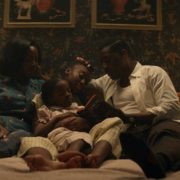
Is the depiction of Black suffering and trauma the new popular horror genre?
Contribution by Amelia F K Clarke.
Growing up, I’ve always been a horror fan. Ever since my family and I bonded over watching horror greats such as ‘Universal Monsters’ and the ‘Twilight Zone, I learned that my hands could make a fantastic shield to peak from behind!
My family bonded over laughing at exaggerated horror scenes as we all have a weird sense of humour. One of my fondest memories and an introduction to horror, we all went on a trip to the cinema to watch ‘Blade.’
(now a Christmas tradition, yeah, you read that right)! I was utterly in awe, seeing a black person on screen being an absolute badass!
After this, I found myself going to blockbuster every weekend and sticking my nose deep into the horror section. Then, as I was lucky enough to look older than my years, I would rent out 18s behind my parent’s back and scurry home with them buried deep inside my rucksack. Then in the safety of my room, I would turn all the lights off and delve into another horror classic. Then, whenever I had sleepovers with my friends, I would freak them all out by showing all the new flicks that I’d found.
My love for horror has now completely bled (pun intended) into my adolescence. In the early days of my horror obsession, representation was always an issue. Even non-horror fans have heard the stereotype; black people always die first. If we’re not the first to die, we are the comic relief or the lesser-known side character.
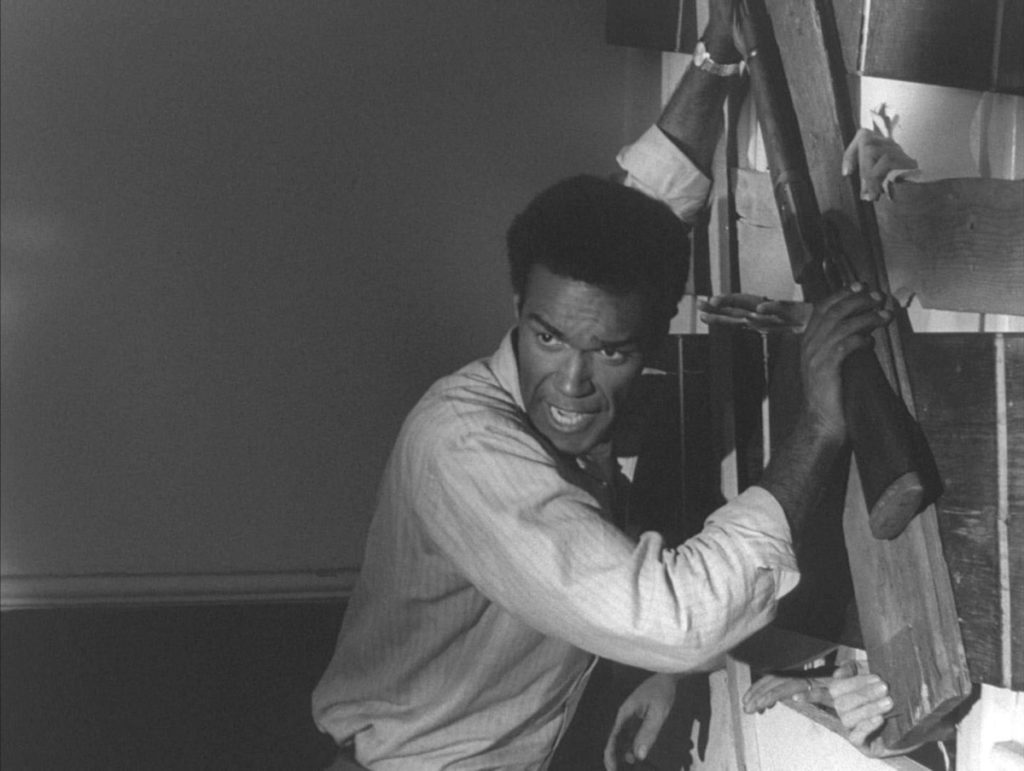
While this is true, lesser-known pioneers in the horror movement such as Duane Jones, who is most notably known for his portrayal of Ben in ‘Night of the Living Dead in 1968. As well as being the first African American to have a starring role in a mainstream horror film has been paving the way for decades. In an interview with Dimension Films for the 40th Anniversary of “Night of The Living Dead,” Jones famously said:
“It never occurred to me that I was hired because I was Black. But it did occur to me that because I was Black, it would give a different historic element to the film.”
Duane Jones
Many films and TV shows have been created with black audiences in mind. For example, before Jordan Peel was on the scene, there was ‘Tales from the Hood,’ an anthology series that still holds up today. In the film, we see corrupt people in power and police brutality, but what made ‘Tales from the Hood’ frightening was that all the stories were entirely plausible, with the small addition of a horror twist.
Now, a massive problem has arisen coming from the success of Jordan Peele’s directorial debut ‘Get Out’ – 2017. As a result, many horror films are emerging that are exploring slavery and the black experience, all in the name of cheap scares and a large sack of money.
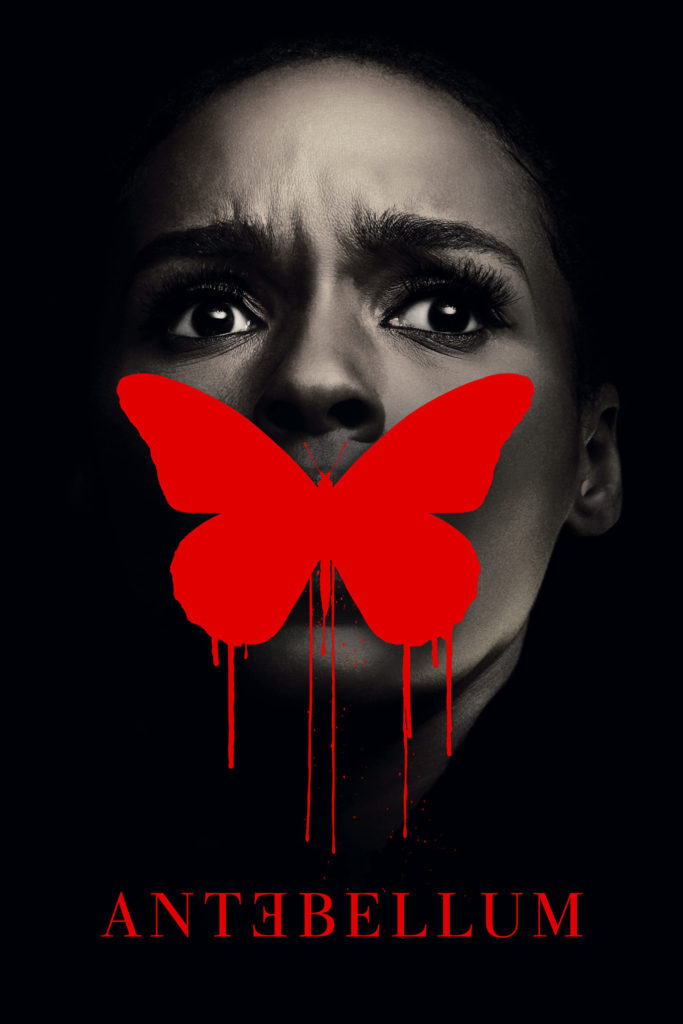
I was lucky enough to watch the film ‘Antebellum’ before its UK release on the 1st of April 2021 (it is now out on sky cinema), and I was genuinely shocked by the film. Now don’t worry; I’m not going to be dropping any spoilers for those who have the stomach to watch it. However, the first 40 minutes (approximately 1/3rd of the film) is black torture, and this had me thinking, is this the horror element? Unfortunately, it was. There were no jump scares, no other horror elements, so I’m guessing the depiction of slavery was what classed it as a horror film?
Jordan Peel is doing a lot for the horror genre when it comes to the black gaze. ‘Get Out’ had audiences flooding to the cinema to see people like us on screen. The film was extremely clever, using subtle nuances to demonstrate racism and racial tension that had us all saying, “YEP, been there.” But, of course, the story was also amazing, which helps!
When creating ‘US” (2019) Peal developed another stunning film with a predominantly black cast, Led by Lupita Nyong’o. This film is based on a family…. just a family with no stereotypical makeup was added at all.
The point is that these depictions become more frequent when we are snuggling up on our sofa, getting ready to flick on a horror film, It is doing far more bad than good, especially if filmmakers don’t take extreme care when handling the subject of race. It’s very easy to slip down the stereotypical narrative that many films have fallen into. Is this the restart of the Blaxploitation horror film genre?
I want to see more stories of us falling in love, being locked in spooky houses, and backpacking through the US! Just like our white counterparts!
We are not always the victims!





![ZINO VINCI’S ‘FILTHY & DISGUSTING’EP BRINGS YOU TO THE CORE OF THE ARTIST [@ZinoVinci]](https://guap.co/wp-content/uploads/2023/10/Zino-4.jpg)

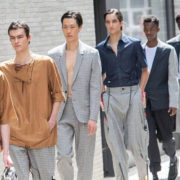
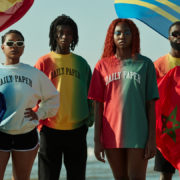


![Remel London’s [@Remel_London] “Mainstream” is a must attend for upcoming presenters!](https://guap.co/wp-content/uploads/2017/02/REMEL-LONDON-FLYER-FINAL-YELLOW-COMPLETE-1.png)